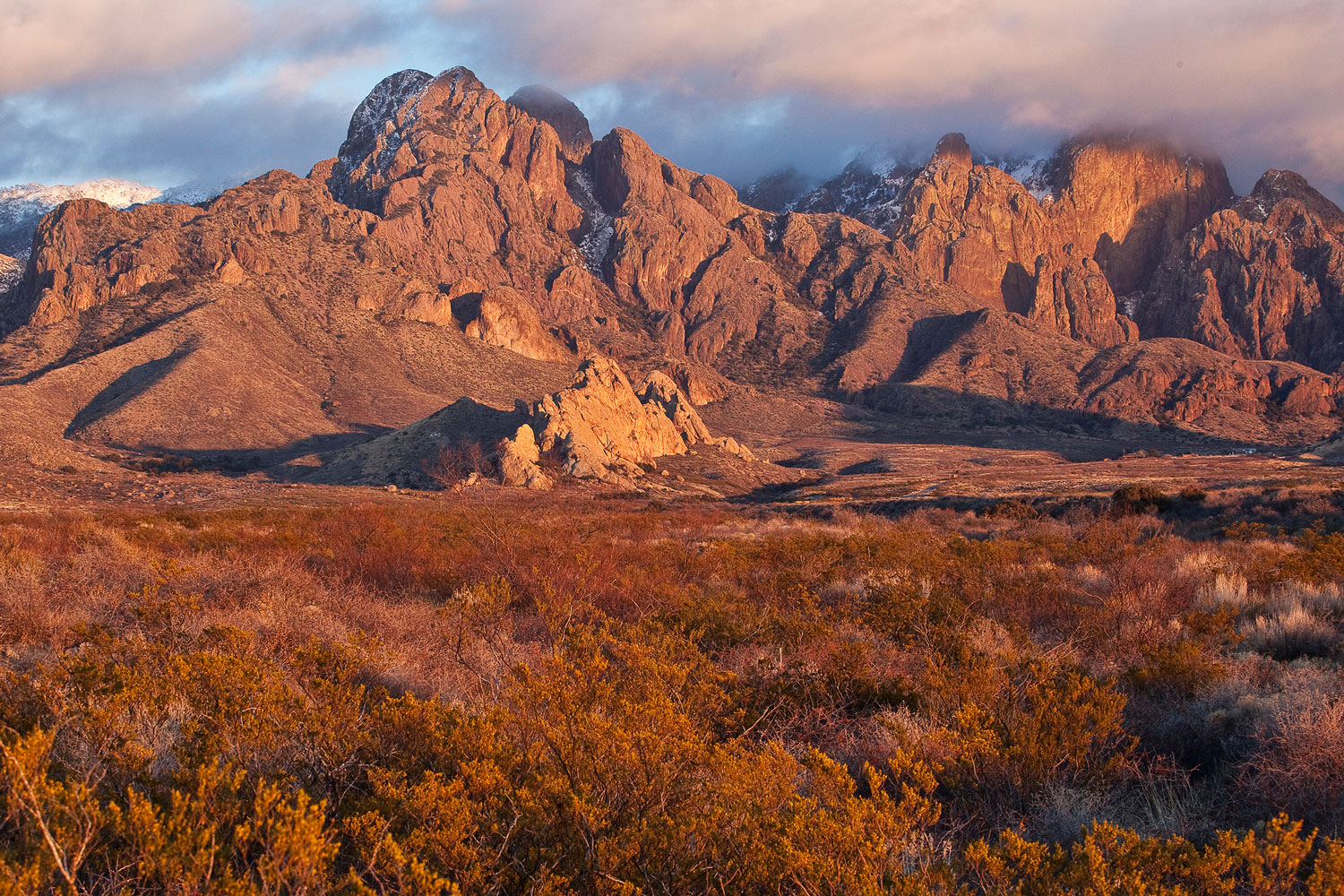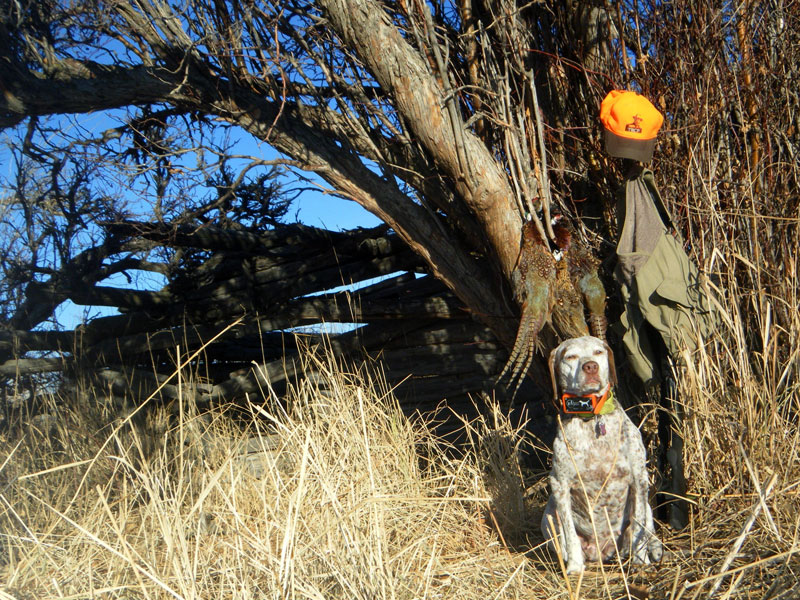Our government relations director reflects on the value of America’s public lands in a world that seems to grow increasingly dangerous
(Originally published in March 2016.)
Monday morning, when I started to write this blog, it was a straightforward task. I set out to explain that Congressman Don Young of Alaska has introduced legislation that would permit the sale of millions of acres of National Forest System lands to the states. The idea of selling off public lands is something I’ve spent the last 15 months of my professional life vigorously opposing on Capitol Hill, and Young’s bill is the most tangible example of this awful idea we’ve yet seen here in the nation’s capital.
In allowing each state to buy up to two million acres of national forest land to be managed strictly for timber production, this bill goes against everything the TRCP stands for. These lands would no longer retain their current ‘multiple use’ mandate, and as such, the needs of fish and wildlife would factor little into the management of these lands. The bill makes no mention of maintaining public access, nor does it require the states to retain title once they purchase the land, clearing the way for sale to private entities.
It’s a bill so egregious that it’s easy to take umbrage, but then my dander rises easily to the occasion of writing an angry blog.
However, just after lunch, I left the half-written blog open on my computer, put on my suit coat, and took a taxi through peak cherry blossom traffic to the House of Representatives for a meeting with a member of the Natural Resources Committee. We were scheduled to talk about this very bill, this extremely bad idea to commoditize the conservation legacy of a man whose face adorns Mount Rushmore and my business card.
As the meeting was about to start, a shelter-in-place call cackled over the alert radio that hangs, usually in silence, on the wall of every Congressional office. Earlier that day, Capitol Police had taken the opportunity provided by the Congressional recess to run an emergency drill of the alert system, so staff assumed that this was a continuation of those activities. But then the radio lit up again. “This is not a drill” and “shots fired” were words that mixed with the growing volume of sirens outside, heightening the gravity of what started as just another Hill meeting. Later it became clear that a man had pulled a gun on a police officer in the Capitol Visitor Center, where we’d held a meeting of our partners just a few months ago.
Headlines from across the globe continue to grow increasingly worrisome, and terror has become a palpable threat, something we see in some form or another, it seems, almost every day. But it occurred to me, as I saw the very building I was sitting in appear on CNN, that our American identity is the antidote to terrorism—and our public lands represent an important part of that identity.
America’s public lands stand ever-ready to provide a needed dose of freedom to her people. They are places to reconnect the dots of life that have grown increasingly scattered. To lay aside, if only for a short time, our crowded lives, and watch a Llewellin setter named Julep as she works a low draw with unbounded enthusiasm before coming to a rigid stop and a firm point. To watch the poetry of a sharp-tailed grouse exploding from tight cover.
There is freedom from fear in these places, where our souls have long gone to do their healing, if only in knowing that the outdoors is there for us.
If today’s hunters and anglers can succeed in grasping the mantel of leadership handed to us by George Bird Grinnell, Theodore Roosevelt, Aldo Leopold, Jim Range, and countless others, our public lands legacy of freedom and liberty will long persist. And ideas like Rep. Young’s will be dismissed out of hand for what they are: short-sighted and counterproductive. And by our united voice we will ensure that our public lands, this unique embodiment of independence, will long endure.
UPDATE: The Young bill may have failed, but there are new threats to our public lands and outdoor traditions. Take action today.










Nicely written.
Young is a good example of someone who has gotten support because of his record on guns but is not a true friend to hunters and anglers.
What suggestions are their to stop this piece of legislation? Sure we can contact our Congressman/woman and Senator but these days our fearless leaders are preoccupied with retaining their jobs and who they will have as a President come early January. Their willingness to take a stand, any stand at all, on any controversial legislation right now will ne next to nil. Immediately after everyone has settled into their nect term there is no telling what mischief they are willing to lay on us. So what can we do?
Exactly, after the congress settle in for the next 2 years, or 6 for Senate the first domino will be pushed.
There is a chance that Youngs bill may be a fake though. It could be profiled, spread around and the sitting legeslatior’s can vote it up or down to fake a vote that would suit their Districts appeal! That fake vote would mean to support the “desire” of local voters, this all to hold the seat until WH has a puppet in place. Don’t be surprised if it is designed to fail!
Don’t sell our public lands to the corrupt donors that support you!
This congress has been the worse that I can remember,especially idiots like the one that proposed this legislation. This guy needs to be voted out and we need term and lobbying limits imposed on congress. Hopefully the President will veto this crap!
While those of us who care about public lands seem to be a majority of people in most, if not all, Western states, can we actually count on those who respond favorably to a poll on the issue to make their sentiments felt? The best way would be to vote against Congressional representatives who favor and vote to sell off those lands. However, I am concerned that those same voters will not do so because of other issues more important to them, like party affiliation, guns, religion, etc. God forbid that they might have to bring themselves to vote for a Democrat because of this issue. I fear that we are making too much of these polls and their meaning. We had better be ready for the biggest conservation fight of our times and pulling out all of the stops. W need to adopt an approach like “Not a square inch.”
I’m a life-long recreation user of public lands for almost 65 years. Since the age or 1 1/2 I’ve camped, fished, hiked, backpacked, hunted, bird-watched, photographed, and enjoyed the solitude of public lands across America. My working career was as a public servant helping to manage these public lands and resources on them. Please remember that there are public land recreation users who do not hunt or fish but who enjoy and value our public lands every bit as much. Engage and collaborate with them in this battle to preserve our Nations public lands as they are currently managed.
This summer I visited Yellowstone National Park for my second time. As a 72 year old Vietnam combat veteran my visits to public lands have a way of calming my sorrow over the devestating tragedies of war. To chip away at these public lands is in my opinion a dishonoring of the lives lost to protect them and keep them free. This pain runs deep.
What needs to be done is to have the House initiate a bill stating that in order for any agency of the U.S. Gov’t must first poll the people who own these lands before any sales, trading or changes are permitted. If the majority of people object to any issue, the attempt must be I canceled. I want to add that there is a verse in the bible by God stating that, “He who destroys the lands, I will destroy him.”
Amen to the Bible verse. This Congress is a Petri dish for bad ideas in regards to our precious natural resources. TR would not be impressed.